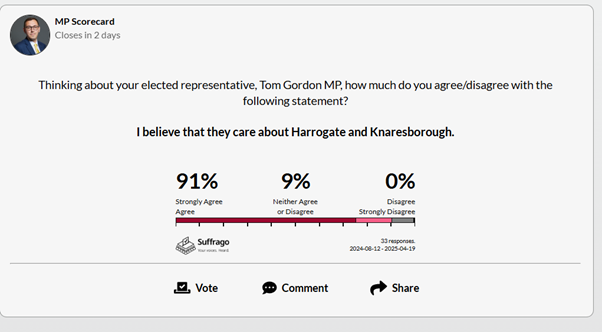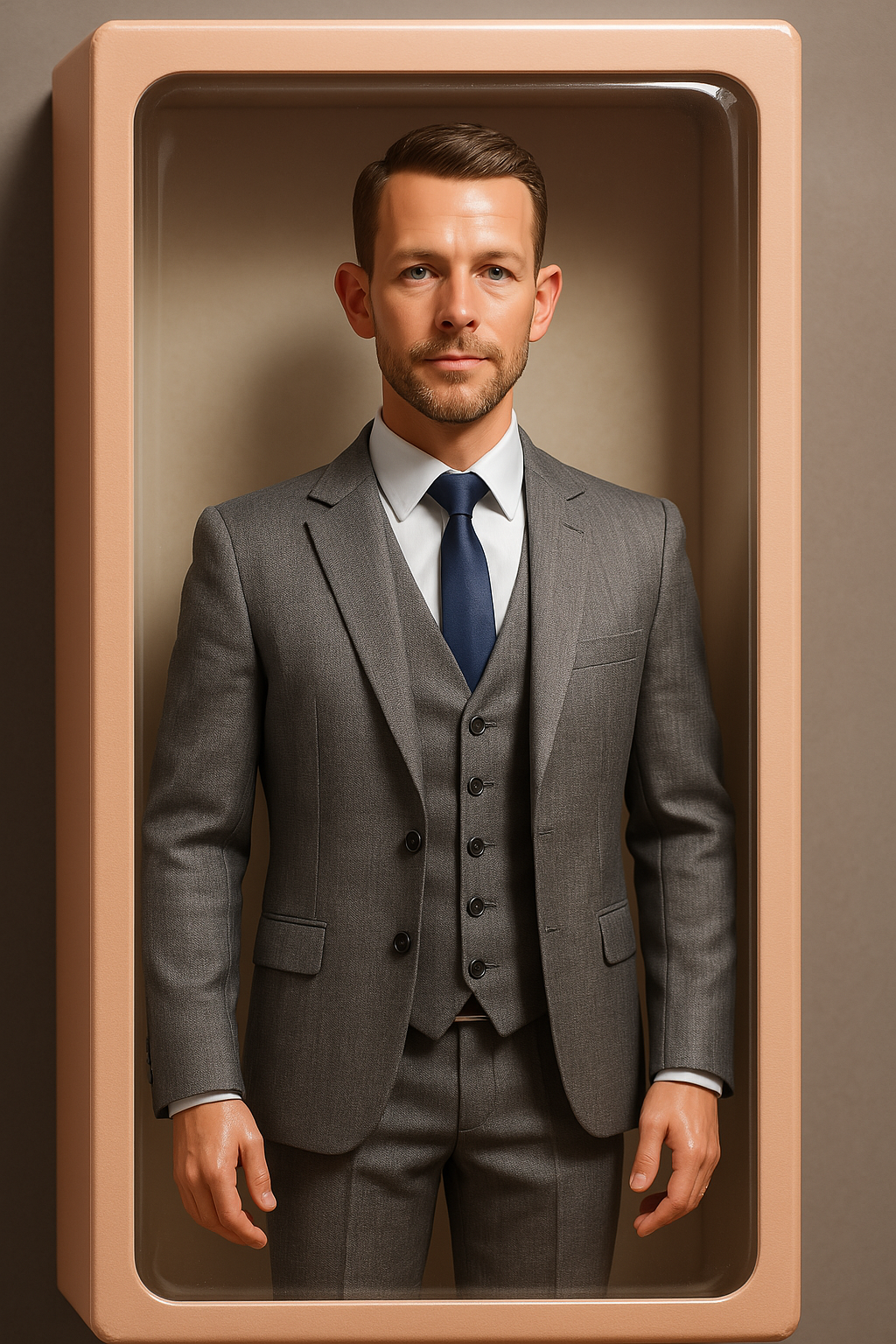During this life-defining time – when what we do during these weeks may define our lives – I have noticed, in a variety of arenas, people making the most absurd of decisions. Decisions which in ordinary times they wouldn’t make.
This begs two questions, the second of which is more important than the first.
First, in these threatening times, why has the ability to make simple decisions based on evidence fallen away? The answer is likely to be decision fatigue. When we have to make countless additional decisions each day, then the quality of our decisions inevitably deteriorates. Studies of Israeli parole boards evidence that decisions later in the day are markedly poorer than those made in the morning. As a result of these findings, tech entrepreneurs have taken to wearing black t-shirts everyday so as to remove one decision from their mornings.
Second, regardless of the current state of affairs, how can we improve our judgment – a skill arguably more important than intellect? High intellect does not of course guarantee outstanding judgment.
Can a young person display better judgment than an older person? Certainly, though with advancing years, with accumulated experience, judgment often improves. But if this was a never-ending trajectory, then the oldest amongst us would usually have optimum judgment, but this isn’t so.
Therefore, this indicates that life experience – what people have done and learned – may answer how judgment is developed. Given that it is difficult to improve one’s intellectual levels, and we can’t accelerate age, if you want to improve your judgment, how best should we go about it?
Perhaps the answer is to work in many roles and sectors. At home, we should widen our interests, learning what we can from exemplars – in person, books, videos and podcasts. But more importantly, we should introduce a process to consolidate what we have learned and to reflect on it. A diary might help. This blog is my attempt, as my diary is more of a list of what has happened.
These thoughts take me to the book which I have been struggling through – Range by David Epstein. The premise is a simple one: although those who specialise in a field straight after university, building on their degree, usually earn more in the short time after university (if they do go to uni), they often get stuck, and get overtaken by generalists who use their breadth of experience to make some radical, positive leaps forward. If in a field of specialism there is an insolvable problem, so the Range theory goes, get someone from another field to use their orthoganol approach. Problem solved.
One way to improve judgment is to use a peer review system, such as The Alternative Board, which I have attended for 18 months. On our board, it’s simply mind-boggling how each member approaches a given problem in such a different and unexpected way. The skill, then, is to choose the best advice, using your judgment.
In addition to being a generalist, using a peer review system and learning as much as you can, I recommend a dose of Stoic philosophy as the schema to run all decisions through. I will write about Stoicism shortly!
If you’re in the decision-making business, where your judgment is key, it’s incumbent upon you to make the best possible decisions, and therefore to discover how best you can do it. There are plenty of life and business coaches: what we are missing are judgment coaches.









